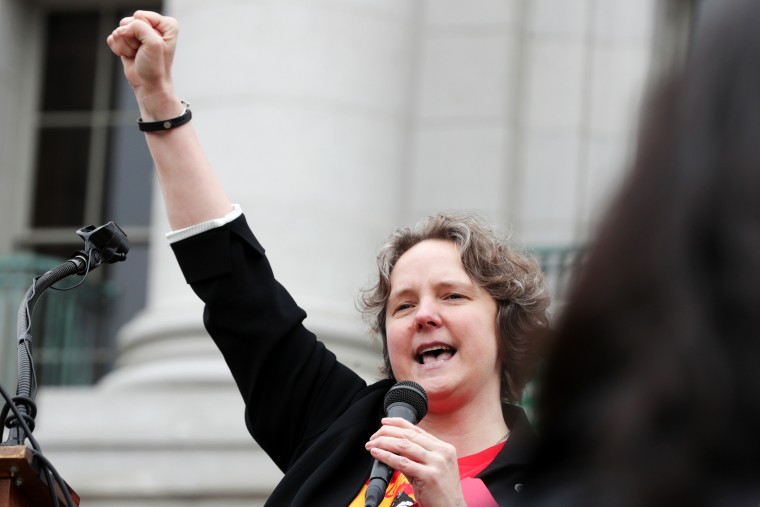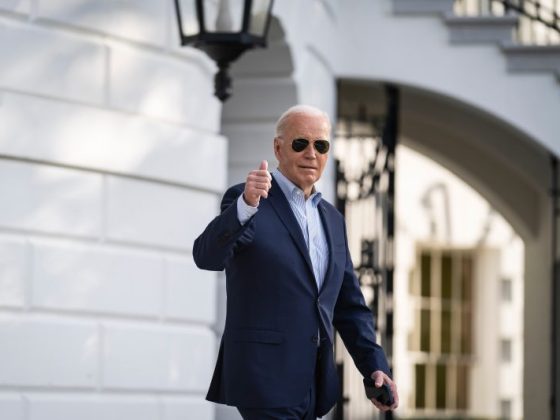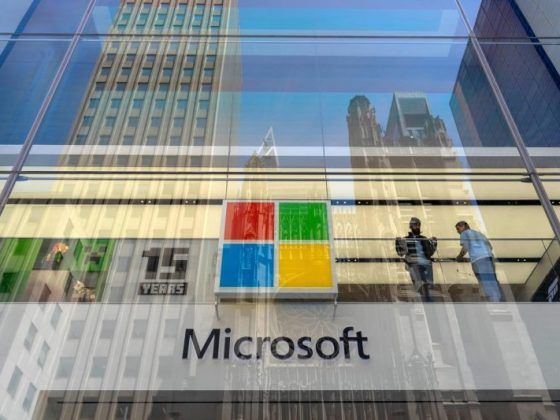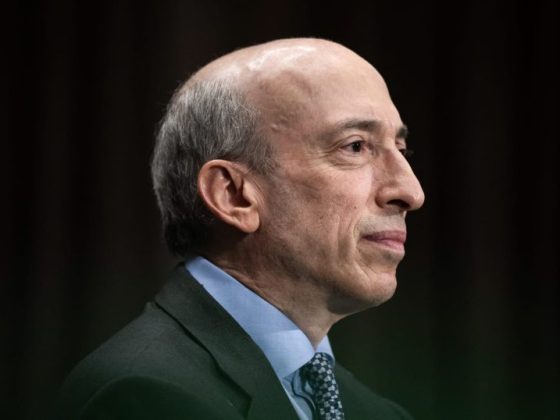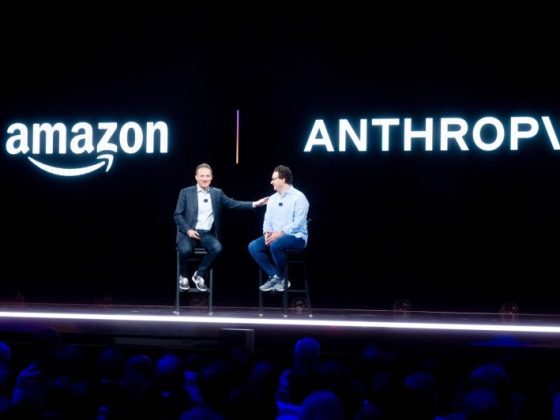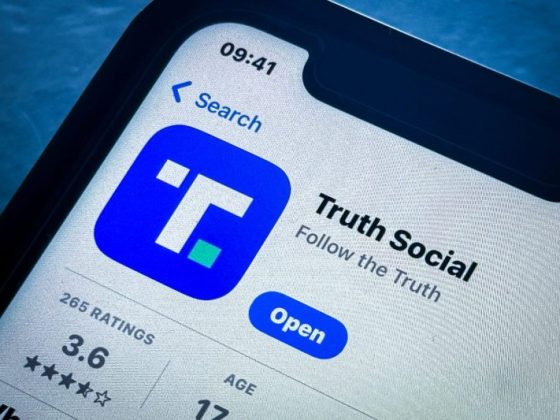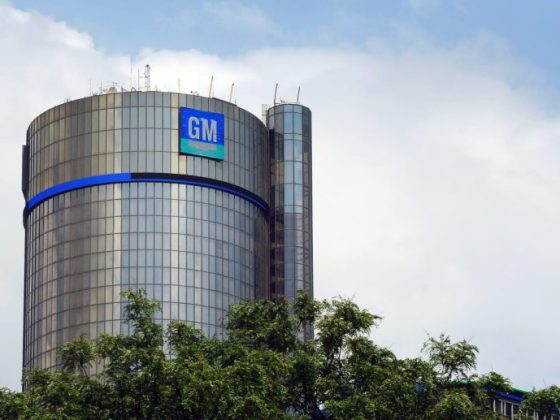The shift towards free cash programs in several cities worldwide accentuates the need for a more considerable anti-poverty safety net. These innovative initiatives are designed to raise standards and dispel the cycle of poverty, emphasising on the belief that the best anti-poverty solution doesn’t necessarily come from grand schemes, rather, sometimes it might just require putting cash directly into the hands of those who need it most.
A clear understanding of these free cash initiatives, or ‘guaranteed income’ programs, is essential to grasp their impact and efficacy. At their core, these programs provide regular, no-strings-attached cash transfers to targeted low-income individuals or households. In providing these funds, municipalities and philanthropic organizations hope to alleviate the strains of poverty and provide the recipients the freedom to decide where this money can best be utilized, whether it’s for rent, medical bills, debt payments, or even starting a business.
Cities worldwide, from Maricá in Brazil to Stockton in California, have launched free cash programs, regardless of their urban or rural status, and have shown success in breaking the chains of poverty. In Stockton, a study by SEED showed that the free money, around $500 a month per recipient, resulted in significant improvements in job availability and financial stability. Meanwhile, in Maricá, the basic income program helped nurture a strong web of small businesses and led to noticeable poverty reduction.
Despite the success of these programs, there are significant challenges to their implementation. For one, financing these initiatives can be a major hurdle for many cities. Stockton’s universal income experiment was funded through philanthropic donations, while Maricá’s program provided the cash from oil royalties. Sourcing the funding for such an expansive and ongoing effort stand as one of the biggest barriers to launching and maintaining such initiatives.
Another challenge is the risk of dis-incentivizing work. Critics argue that such programs may dissuade participants from seeking employment or improving their living situations if they’re receiving a guaranteed income. However, the experiences in Stockton and Maricá, as well as the models utilized by organizations like GiveDirectly in East Africa, show that these risks can be mitigated. These programs have demonstrated that a guaranteed income often spurs entrepreneurial activities and reduces dependence on public assistance.
Furthermore, these initiatives play a vital role in addressing systemic and structural issues that often perpetuate cycles of poverty. For example, racial inequality, a historical problem in many societies, can be tackled more effectively through these programs. By providing free cash directly to recipients, these programs provide opportunities for marginalized communities to escape the vicious cycle of poverty, empowering them to challenge the socio-economic disparities they face.
In an age where inequality is widening, and conventional anti-poverty measures are often ineffectual, the transformative potential of free cash programs cannot be dismissed. Complex societal problems like poverty require solutions that address root causes, and by giving individuals the autonomy to help themselves, these programs do exactly that. The expansion of such initiatives worldwide exhibits a promising trend towards comprehensive anti-poverty efforts, seeking to remove barriers to economic progress and providing a safety net for the most vulnerable in society.

